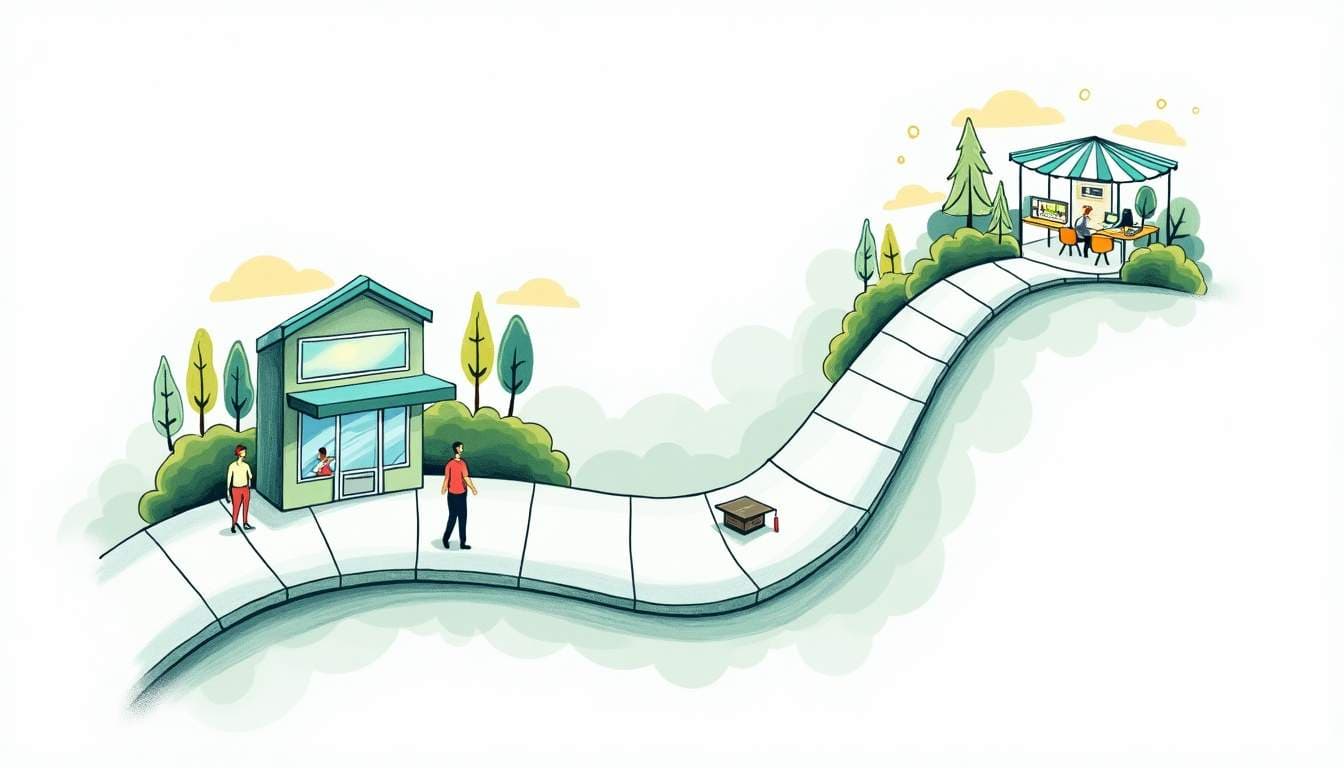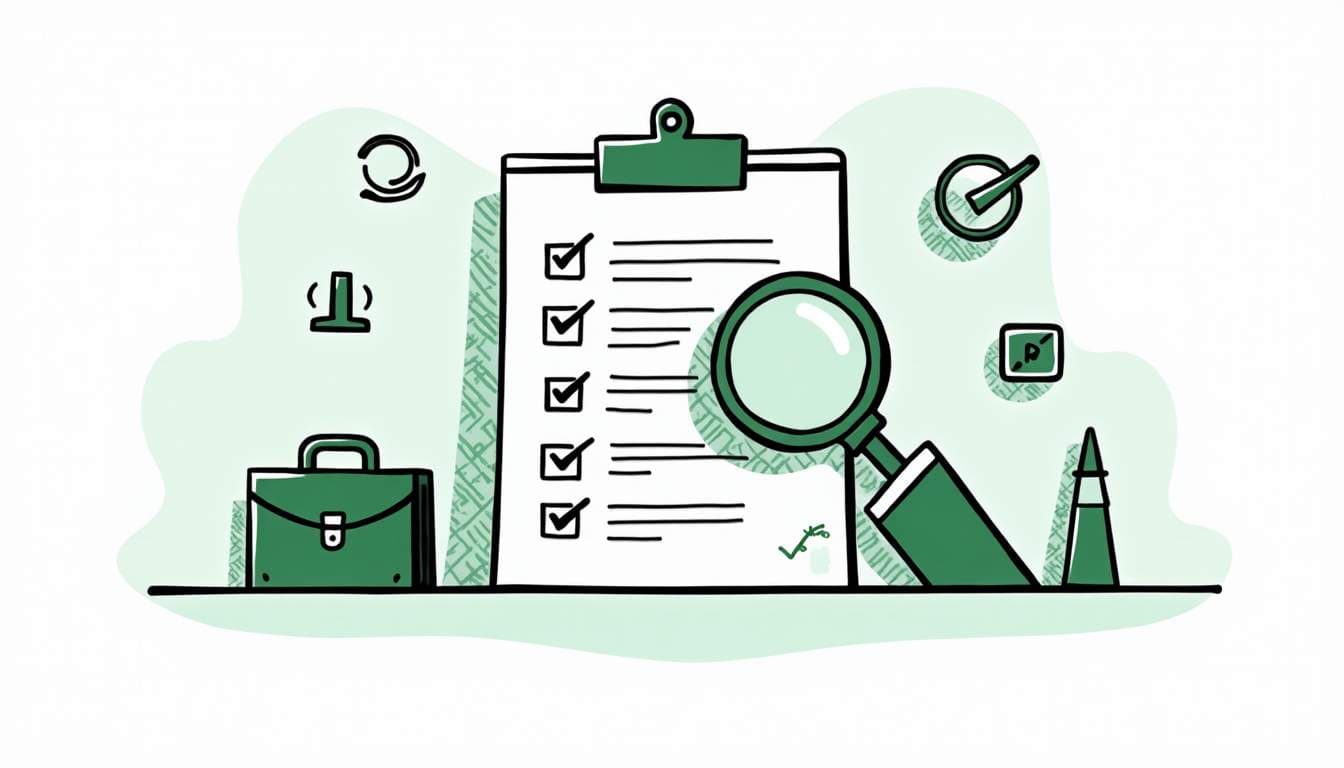Switching careers can feel daunting, especially when moving away from a field as vast and dynamic as retail. With 55 million Americans working in retail, it's the largest private-sector employer in the U.S., making it a familiar and stable environment for many. But whether you're seeking new challenges, better growth prospects, or a fresh start, transitioning out of retail is entirely possible with the right approach.
Understanding Your Retail Experience as a Valuable Asset
Retail work is often underestimated, yet it equips employees with a rich set of skills that are highly transferable. From customer service and sales to inventory management and team leadership, the competencies gained in retail form a strong foundation for many other industries.
Consider the fact that 45% of retail training programs focus on customer service skills, which not only enhance employee capabilities but also boost customer satisfaction scores by 15%. This emphasis on interpersonal skills means you’re likely adept at communication, problem-solving, and conflict resolution—abilities prized across sectors.
Moreover, retail careers offer meaningful earnings potential and promotion opportunities. This progression often involves mastering new responsibilities and leadership roles, which can be highlighted when explaining your experience to prospective employers outside retail.
In addition to these skills, retail employees frequently develop a keen understanding of market trends and consumer behavior. This insight can be invaluable in various roles, such as marketing or product development, where understanding the customer journey is crucial. By working directly with a diverse clientele, retail professionals learn to anticipate needs and adapt strategies accordingly, making them agile thinkers in fast-paced environments.
Furthermore, the experience of managing inventory and sales data fosters strong analytical skills. Retail workers often utilize point-of-sale systems and inventory management software, equipping them with technical proficiency that is increasingly sought after in today’s data-driven landscape. This analytical mindset not only aids in making informed decisions but also enhances strategic planning abilities, setting the stage for success in any future career path.
Identifying Transferable Skills and Mapping Your Career Goals
Pinpointing Your Strengths
Start by listing the skills you've developed in retail that can apply elsewhere. These might include:
- Customer relationship management
- Sales and negotiation
- Team collaboration and leadership
- Inventory and supply chain knowledge
- Time management and multitasking
- Adaptability in fast-paced environments
These skills are valuable in fields like marketing, logistics, human resources, and even project management. For instance, your experience in customer relationship management can translate seamlessly into roles focused on client engagement and retention strategies, where understanding customer needs and fostering long-term relationships are crucial. Similarly, your sales and negotiation skills can be leveraged in business development roles, where the ability to persuade and influence stakeholders is paramount.
Moreover, the ability to manage inventory and understand supply chain dynamics can open doors to positions in operations management, where efficiency and resource allocation are key. As you reflect on these skills, consider how they not only highlight your versatility but also position you as a competitive candidate across various sectors.
Setting Clear Career Objectives
Next, define what you want from your new career. Are you looking for higher pay, more stability, or a role that leverages your creativity? Knowing your priorities will help you target industries and positions that align with your aspirations. Take the time to research potential career paths that excite you and align with your skill set. For example, if you are passionate about creativity, exploring roles in marketing or advertising could be fulfilling, while those seeking stability might gravitate toward positions in corporate environments or government roles.
Since retail supports one in four U.S. jobs, many industries intersect with retail functions, making it easier to find roles that suit your interests and skill set. This interconnectedness means that your retail experience can serve as a strong foundation for a diverse array of career opportunities. Networking with professionals in your desired fields can provide valuable insights and potentially lead to mentorship opportunities, helping you navigate the transition more effectively. Additionally, consider seeking out workshops or online courses that can enhance your existing skills or introduce you to new ones, further solidifying your readiness for the next step in your career journey.




![Cover Letter vs Resume: What Hiring Managers Actually Read First [2026]](/_next/image?url=%2Fapi%2Fmedia%2Ffile%2Fcoverletterandresume.png&w=3840&q=75)